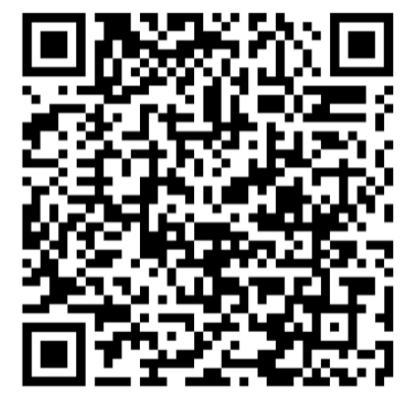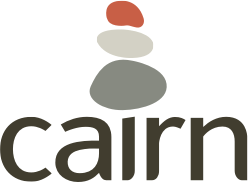Cairn Guidance and the Dove Self-Esteem Project were glad to provide a Lunch ‘n Learn and Theatre sessions at SHAPE America’s 2021 virtual national conference.
The Lunch ‘n Learn entitled “Helping Students Navigate Media Literacy” was packed with great information shared by a panel of professionals from around the United States. The panel, led by Cairn Guidance’s Jess Lawrence, included Gavin Washington, a university professor of health and physical education; Missy Smith, an elementary school counselor; Britnee Weatherspoon, coordinator of social services and school health initiatives who also serves as the homeless and foster care liaison for a school district; Amanda Nichols, lead learning facilitator for a national organization that includes a focus on skills-based health education; and Gaetano Antonacci, a middle school health educator.
The panel’s discussion centered on how educators can support students to navigate media and analyze influences and pressures they feel around appearance. Appearance “isms” exist in many categories, including ableism, colorism, hair discrimination, sizeism, and racism. The effect of these isms on a student can negatively impact their self-esteem or body confidence.
“Creating a Body Positive Culture” was another session offered and takes the discussion a step further. This theatre session was led by Jess Lawrence and Scott Pryzstas, a Dove Self-Esteem Project (DSEP) cadre trainer and elementary physical education teacher. Jess and Scott discussed academically validated, no-cost DSEP resources, including programs, lessons and tools for educators, designed to help students gain empathy related to differences.
Empathy related to differences is an important trait. A student experiencing “isms” or an unhealthy body culture may also experience negative impacts on their academic performance and ability to socialize with classmates. The educator may believe this student is quiet or a loner versus recognizing there could be an environmental reason. The student may be dealing with acceptance by others or even acceptance of themselves, due to the environmental impact created by an “ism” or negative body culture. While the culture may have an impact, media, whether professional or personal can also have negative impacts. Increasing student knowledge and skills on how media can impact appearance ideas can make a difference in their lives. Helping all students learn about and understand “isms” can make interrelationships and the classroom environment a safe space for each of them.
Lastly, it was shared that The Dove Self-Esteem Project helps students learn how to minimize the social media focus on body image and prioritize other important traits and characteristics. Participants learned and shared what it meant to create a body positive culture, the effects of low body confidence, DSEP’s impact, and its relationship to social, emotional learning.
The Dove Self-Esteem Project, the social impact arm of the Dove brand, provides no-cost materials to elementary and middle school educators focused on body confidence, appearance ideals, and combatting appearance-bias and discrimination. They have reached more than 69 million young people with self-esteem and body confidence education across 150 countries over the last two decades, with a goal of impacting 250 million young people by 2030.
For additional information, please visit http://www.cairn-guidance.local/dove or scan the QR Code.


Leave a Reply